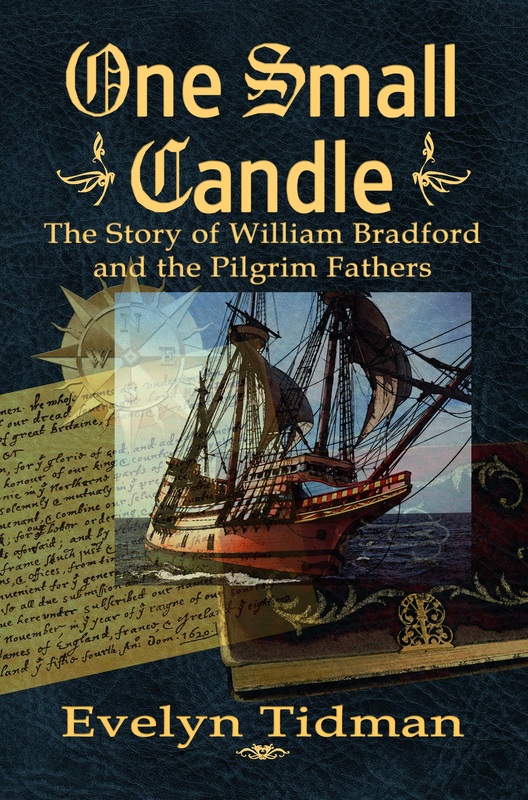Religion, that's what.
Well, that's the easy answer, but in actual fact the situation in Britain in the 17th century was far more complex. While religion played the leading role, politics, money and power all contributed to the general unrest that led to the war.
So what started it?
For years King Charles (I) had resented the interference of Parliament in his rule of Britain. Parliament, for their part, felt that he had too much power, and wanted to curtail that power, especially where money was concerned. But Charles could only get money if Parliament granted it to him and Parliament had no intention of giving it to him. In a huff, Charles dissolved Parliament and ruled without it.
At the same time, in Scotland religion had become a burning issue. The Reformation which had taken place in the previous century with the publication of the Bible in English resulted in some Scots separating themselves from the Church of England, which they saw as an offshoot of the Catholic Church only ruled by the King instead of the Pope. They had discerned from the Bible that there was only one priest, Jesus Christ, whereas congregations were to be ruled by overseers, or elders, (Greek: presbyteros) from which we get the word Presbyterian, rule by elders. Thus the Church of Scotland was Presbyterian, completely separate from the Church of England.
Charles's own father James (I) had been the first monarch to rule over both England (including Wales - apologies to the Welsh here) and Scotland, and Charles wanted to cement that. However, with Scotland not following in the same faith imposed on the rest of the country, he feared for unity. The Scots just had to acknowledge him not only as king, but also as head of the Church, and thereby rule by bishops - and they would not. As far as Charles was concerned, that was treason. Large numbers of Scots took the Covenant, that is they covenanted or agreed to not accept rule by bishops which they viewed as a blasphemy. As a result, Charles, insistent on their obedience, went to war in 1639-40 with the Scots, culminating in an ignominious defeat for the King in August 1640 at the battle of Newburn, just along the Tyne from Newcastle. Actually it was less of a battle, more a skirmish, where the Scots routed the English.
The King's army was allowed to leave Newburn but a subsequent treaty imposed heavy fines which impoverished him. Now he had no money to pay his troops, and besides, he thought it a good idea to keep an army, and that cost money. The only way to get it was to ask Parliament. So he re-called Parliament.
However, most of the Parliamentary members were in favour of, or had taken, the Covenant and there was no way that they were going to give the King money to raise an army that might be used against themselves. Furious, the King raised his standard at Nottingham in 1642, effectively declaring war against Parliament.
By this point it seems that most people had forgotten about rule by bishops, but took sides on whether they thought the King ruled by divine right. It wasn't just a matter of religious affiliation. Some who were Calvinistic in their thinking, and thus really Puritans, took the side of the King. Catholics took the King's part too, as well as those who were staunchly Church of England. As the war progressed however, the Puritans had the upper hand in Parliament until just about the whole of both the houses of Commons and Lords were Puritan.
The Parliamentarians felt that God was on their side, yet as soon as they had enough power, people were executed. The King's friend and advisor, the Earl of Strafford was an early casualty. Anyone could be executed as a traitor, just by fighting on the other side, although the official definition was one who had changed sides (from Parliamentarian to Royalist, of course, not the other way around!)
Parliament had control of large swathes of the country which the Royalists tried to break, but could not. Several times the King had the opportunity to march on London and if he had done so early on in the war he could have be victorious. As it was, war impoverished the nation, divided people, and cost the King his head.
And if he had never tried to impose rule by bishops?
FOR THE KING my new novel about the siege of King's Lynn during the English Civil War will be out in the autumn.
 RSS Feed
RSS Feed



